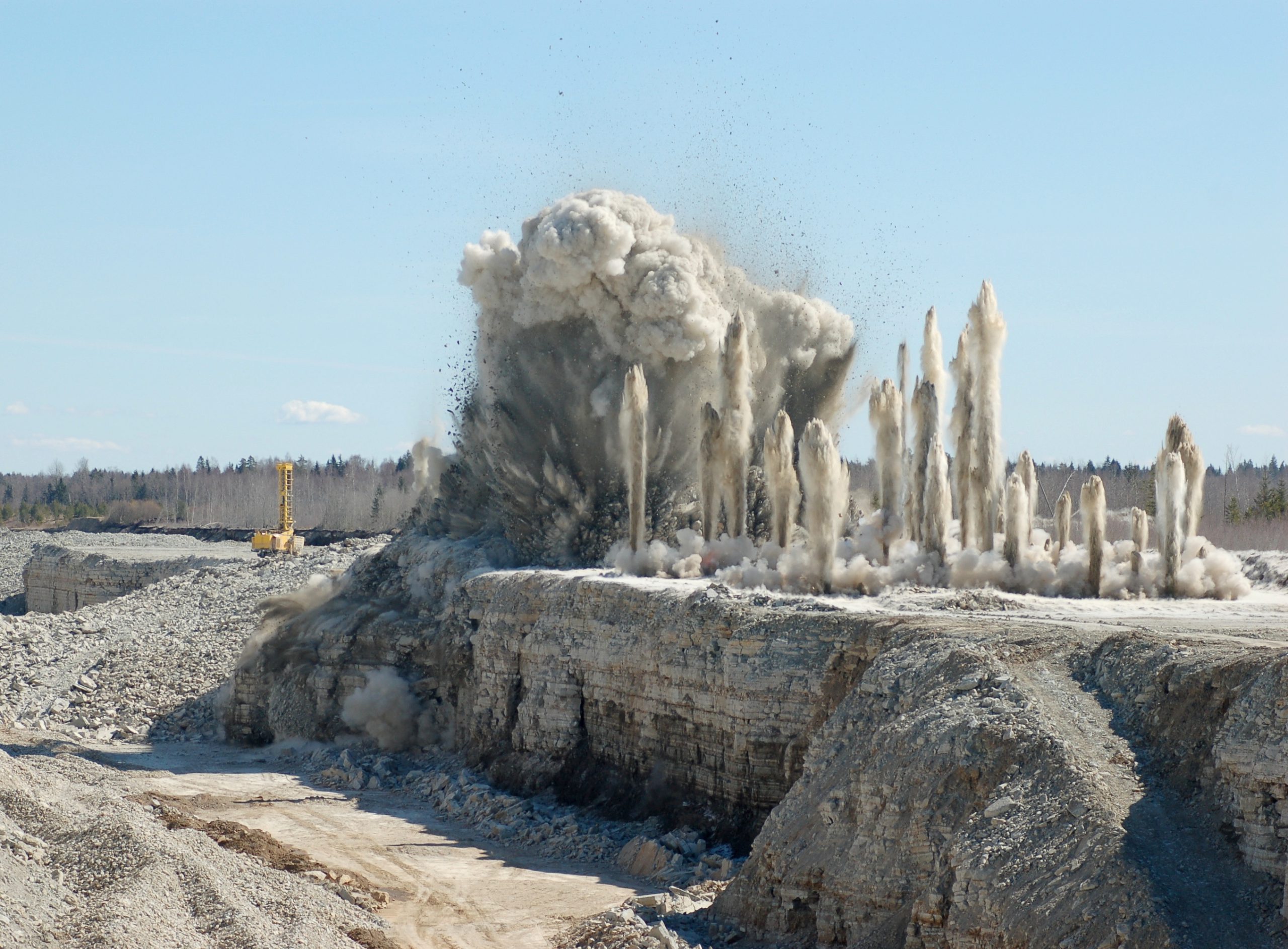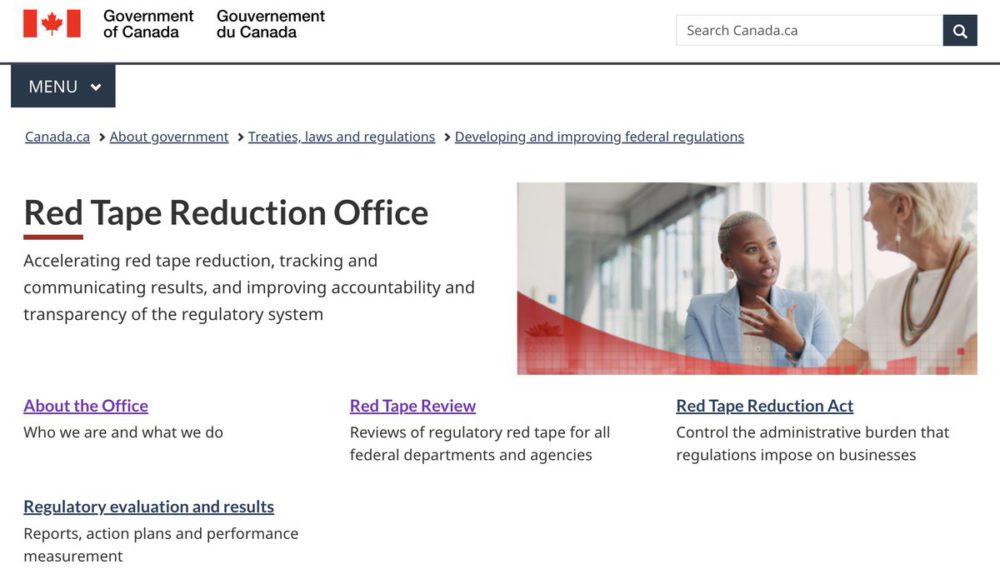Promises, pledges and kind words: What 2019 budgets say to miners
Budget season is almost complete in Canada. As of April 1, the federal government, the three territories and six provinces have tabled their taxing and spending plans for 2019-20. For some governments it’s their first budget (Quebec), some have been doing this for years (Saskatchewan), and some are heading into an election year (federal).
Like the experience of those in office, although not always reflective of time in office, the product varies from concrete proposals specific to the industry, to tangential announcements with potential benefits. In some cases participants in the industry are left with only kind words and hope that Adam Smith’s invisible hand will flow through the efforts of industry to unlock benefits for Canadian communities.
So where does mining fit in Canada’s budgetary planning for the coming year?
Federal
Budget 2019 received positive reviews from the Canadian mining community.
Highlights include:
- $700 million over 10 years in new funding for growth in Arctic and northern communities, including infrastructure resources;
- $400 million over 11 years for transportation infrastructure in the three territories under the National Trade Corridors Fund;
- a new Universal Broadband Fund to connect all Canadian homes and businesses to high speed internet access;
- a further $18 million over three years to support planning by the Northwest Territories for its proposed Taltson hydroelectricity expansion project;
- the extension of the Mineral Exploration Tax Credit was confirmed for an additional five years;
- investments in skills training and apprenticeship programs for skilled trades; and
- a continued objective of reconciliation with Indigenous peoples.
The North
Yukon – Committed to a new multiyear agreement with the Yukon Mining Alliance with increased funding, promising $1.2 million over three years.
Northwest Territories – Tabled investment of $1.7 million to encourage increased investment by the resource sector. This includes $1.2 million to increase knowledge of mineral potential in the Slave Lake Geological Province through new high-resolution airborne magnetic data and funding geophysical studies. The Mining Recorder’s Office will receive more support to help mining prospectors and developers with information on mineral rights, maps, and legislation and regulations.
Nunavut – The budget does not contain any new taxes or tax increases.
Provinces
British Columbia – Committed to spending $20 million over three years to establish an independent oversight unit to improve permitting and increase industry safety. The funding will:
- hire up to 65 new employees at the Ministry of Energy, Mines and Petroleum Resources;
- establish a new Mines Health, Safety and Enforcement Division; and
- create a standing committee to review and update the Health, Safety and Reclamation Code for Mines.
The budget makes the mining flow-through share tax credit and the mining exploration tax credit permanent (as previously announced in January 2019).
Saskatchewan – Announced the elimination of credits and deductions for its potash production tax. The government expects to collect an additional $117 million in tax revenue over the next year.
Manitoba – Announced a reduction in the PST to 7% from 8%, effective July 1.
Quebec – The costs associated with obtaining and maintaining sustainable development certification will be deductible as an allowance under the mining tax regime.
The Mining and Hydrocarbon Capital Fund will be renamed the Natural Resources and Energy Capital
New Brunswick – The budget does not contain any new taxes or tax increases.
Nova Scotia – Announced the Mineral Resources Development Fund will reach $1.5 million this year, following a 2017 commitment to help attract investment and move projects closer to production.
What 2019’s budgets mean for mining companies
Markets for commodities are global, and investments driven by calculations of risk and reward. Noble hopes for community benefits are good, but such hopes alone are unrealistic. In this budget cycle, in particular, several Canadian jurisdictions stand out for going beyond aspirational statements to taking concrete action to try to improve investment conditions. Stable, multi-year tax and incentive arrangements are proof that some governments understand the competition for investment.
For those governments that speak about aspirations for the industry, without support, one can only hope on behalf of citizens looking for growth, employment and prosperity that they adopt the physicians maxim and at least ‘do no harm.’
SANDER GRIEVE is a partner, head of mining, and co-head of the corporate department at Bennett Jones in Toronto.





Comments